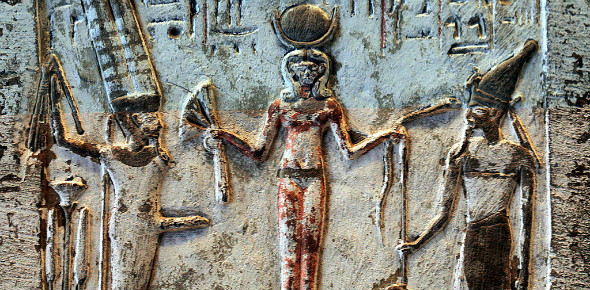
Are you a Qedishtu, a sacred prostitute? Deena Metzger wrote about them thirty years ago. As far as I know she was the first person to use the term in the context of contemporary practice. Because we are quick to forget the contributions of women I want to draw attention to her work.
Here is the opening paragraph of Re-Vamping the World: On the Return of the Holy Prostitute:
Once upon a time, in Sumeria, in Mesopotamia, in Egypt, in Greece, there were no whorehouses, no brothels. In that time, in those countries, there were instead the Temples of the Sacred Prostitutes. In these temples, men were cleansed, not sullied; morality was restored, not desecrated; sexuality was not perverted, but divine.
In the essay Metzger calls on women to take up the calling of the sacred prostitute as the gateway to the divine. This work, she says, redeems those who have lost connection with the divine. “The contemporary Holy Prostitute must be willing to try to bring the sacred to the one who is defiled; she must be the one to take in ‘the other’ – the one who makes love with ‘the other’ in order for him to be reconnected with community.”
When I first read this essay I had both historic and feminist critiques of these ideas. I understood that Canaanite priestesses were called prostitutes by Israelite prophets as a condemnation, not an accurate description; that Greek temple brothels were staffed with slaves; that there were never temple prostitutes in Egypt at all. I objected to the idea that women’s sexuality existed to serve men, even in the cause of bringing men to the divine.
On the other hand, I know from revealed experience that Metzger is speaking about something real. Shortly after I discovered the goddess Qadesh in the pages of academic texts she appeared to me in a dream. She told me she was the daughter of Asherah. She showed me a stone room painted gold with an altar on which burned incense as an offering to the goddess. She told me I should bring the men to this room and tell them about the goddess.
Thirty years later I see Metzger’s work differently. I recognize her poetic evocation of temples of prostitution as mythic history, creating an authorization for the work she was called to explore. Her subsequent work led her in different directions; since she wrote the essay she has worked as a speaker, writer, counselor, advocating for nature and animals, balancing solitude and community. She’s 81 now and you can find her work here, at deenametzger.net.
Although called by Qadesh, I haven’t used the term “qedishtu” to describe my work. In Ecstatic Ritual, Practical Sex Magic I use the Greek term “hetaera” to describe the sex magician, imagining both men and women embodying deity for one another in sacred touch. Also as an ordained priestess of Ecclesia Gnostica Catholica I regularly perform the Gnostic Mass which frames sexuality as a sacred path to the divine.
All my magical life I’ve resisted the equation of woman with feminine with passive and so Metzger’s celebration of receptivity doesn’t speak to me, but I find common ground with her when she talks about spirit. “If we become the world through love, then love is essentially a political act. If we become world reaching to the gods, then love is essentially a spiritual act that redeems the world.” We reach the gods when we recognize them in each other through the lens of love.
If you are interested in the path of the Qedishtu as a student or practitioner, Metzger’s foundational work deserves a look. You can find her essay in the anthology To be a Woman edited by Connie Zweig.




Have you read Heide Goettner-Abendroth’s work “Matriarchal Societies”? She points at the severe censure patriarchal science levies against woman-centered research. I’m suspicious of any historical viewpoint for that reason, we need to confront systemic bias as an urgent first step.